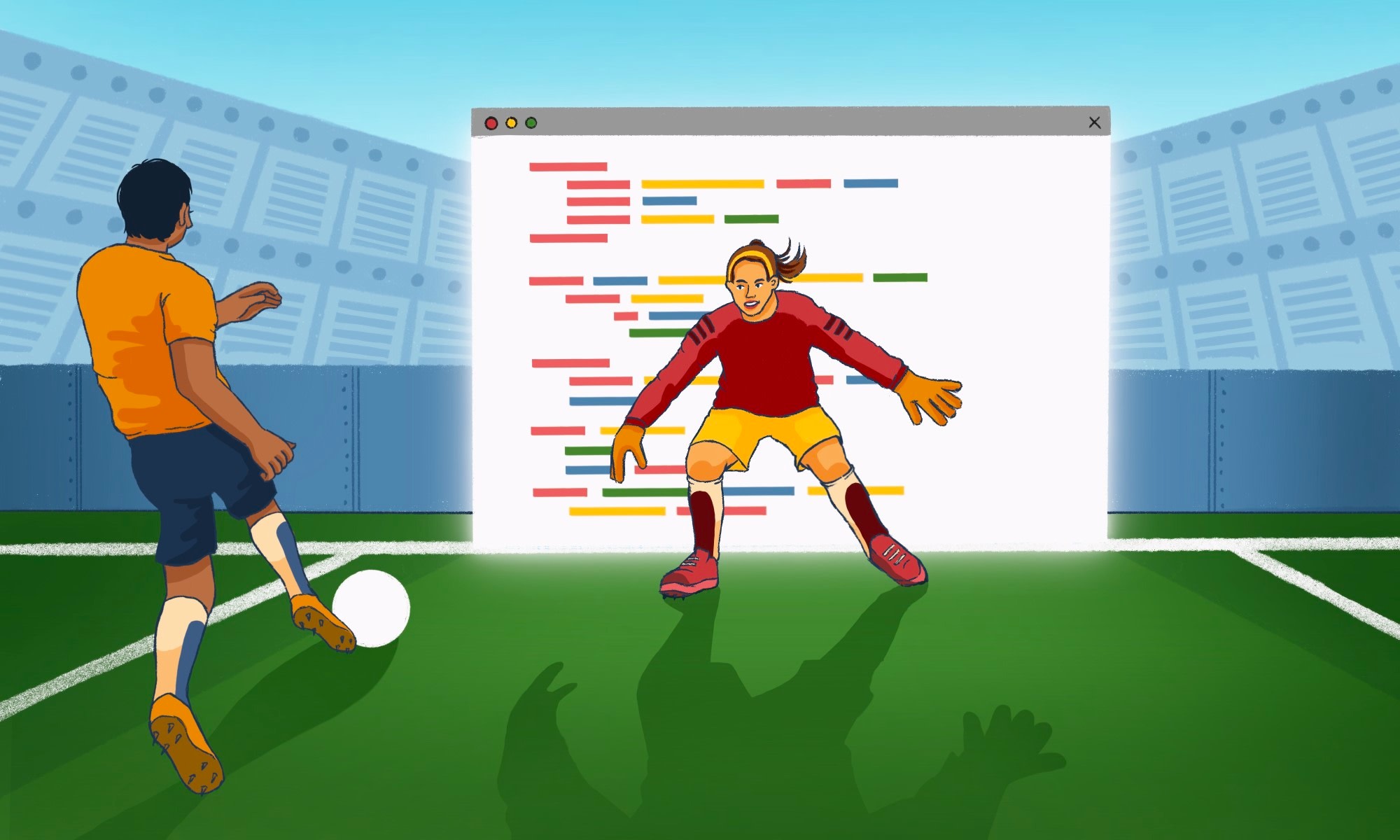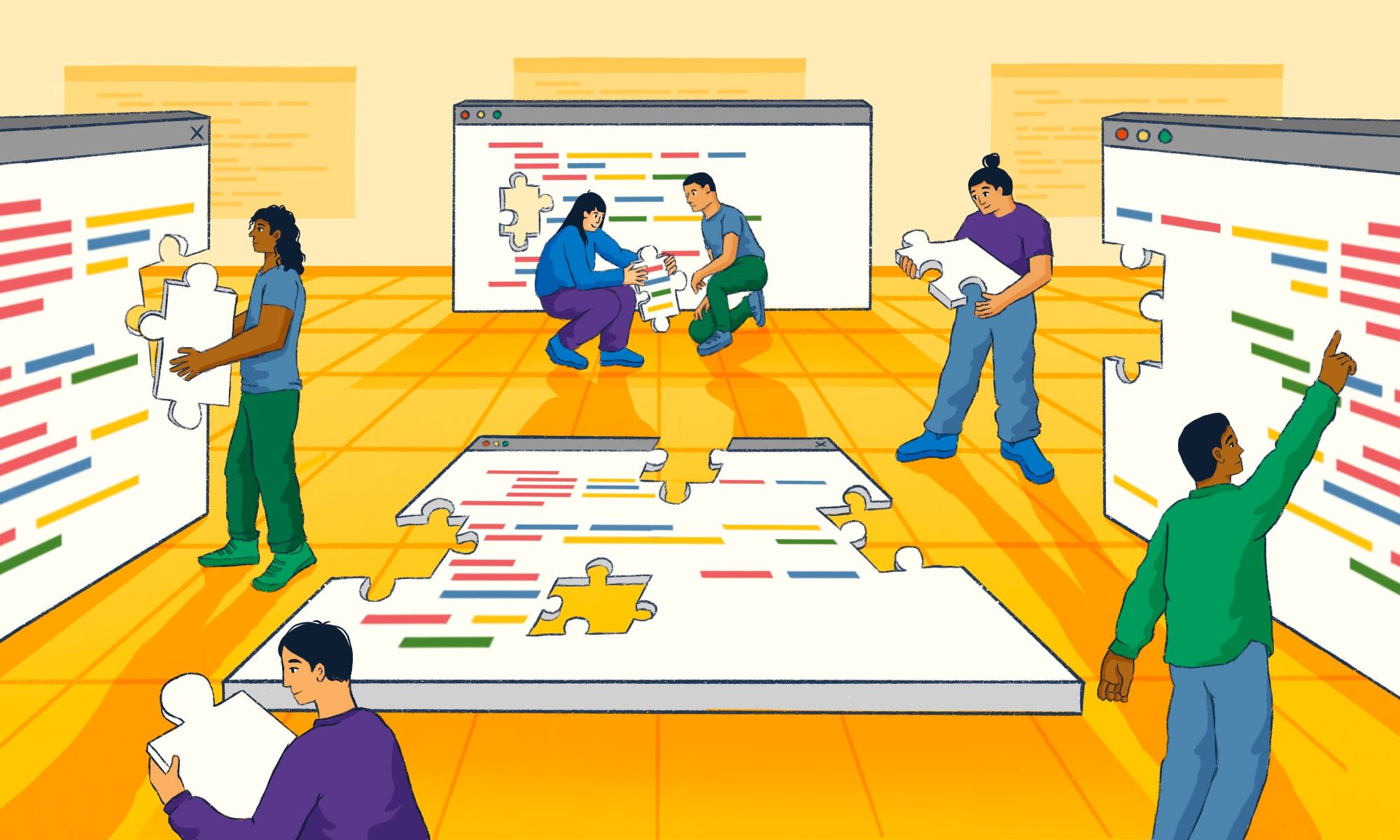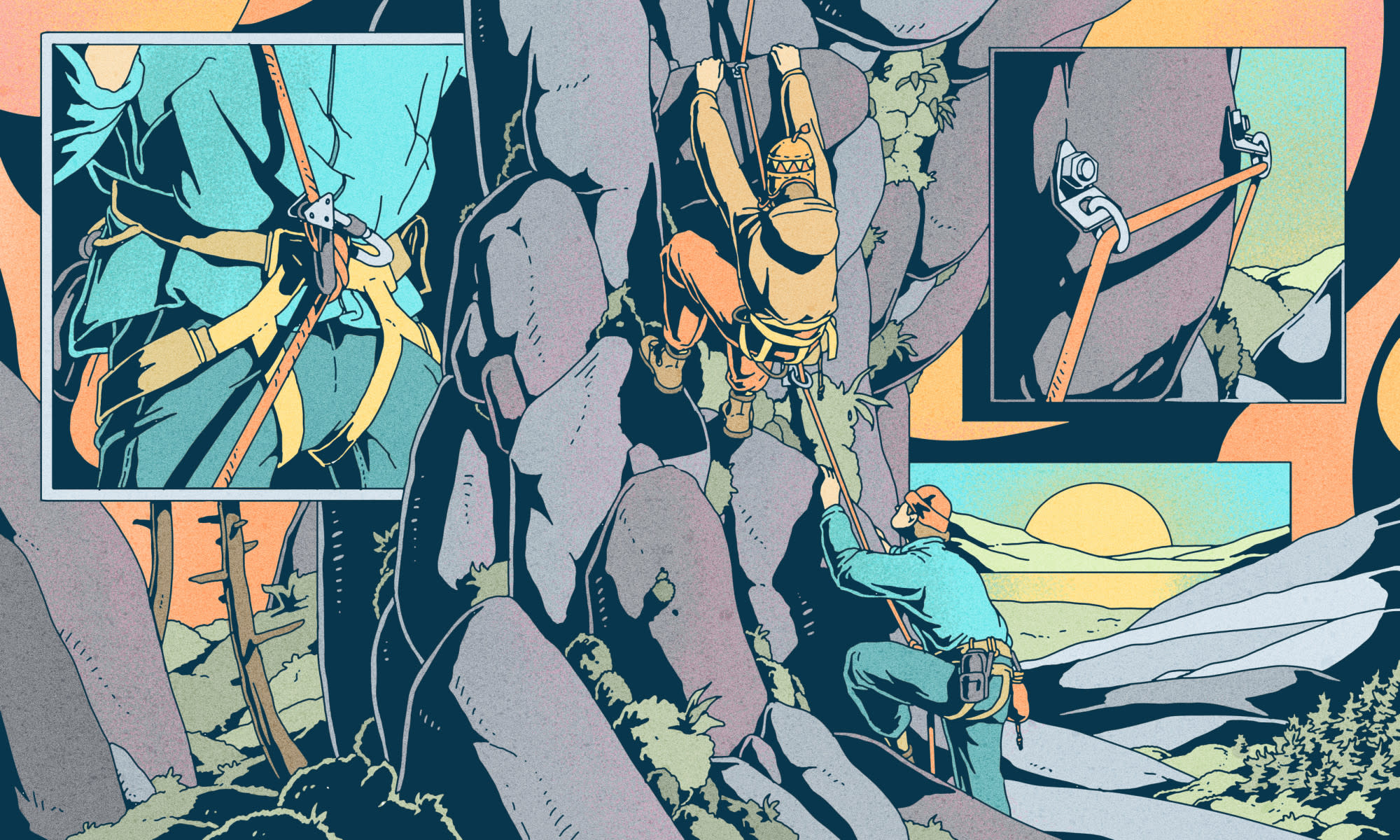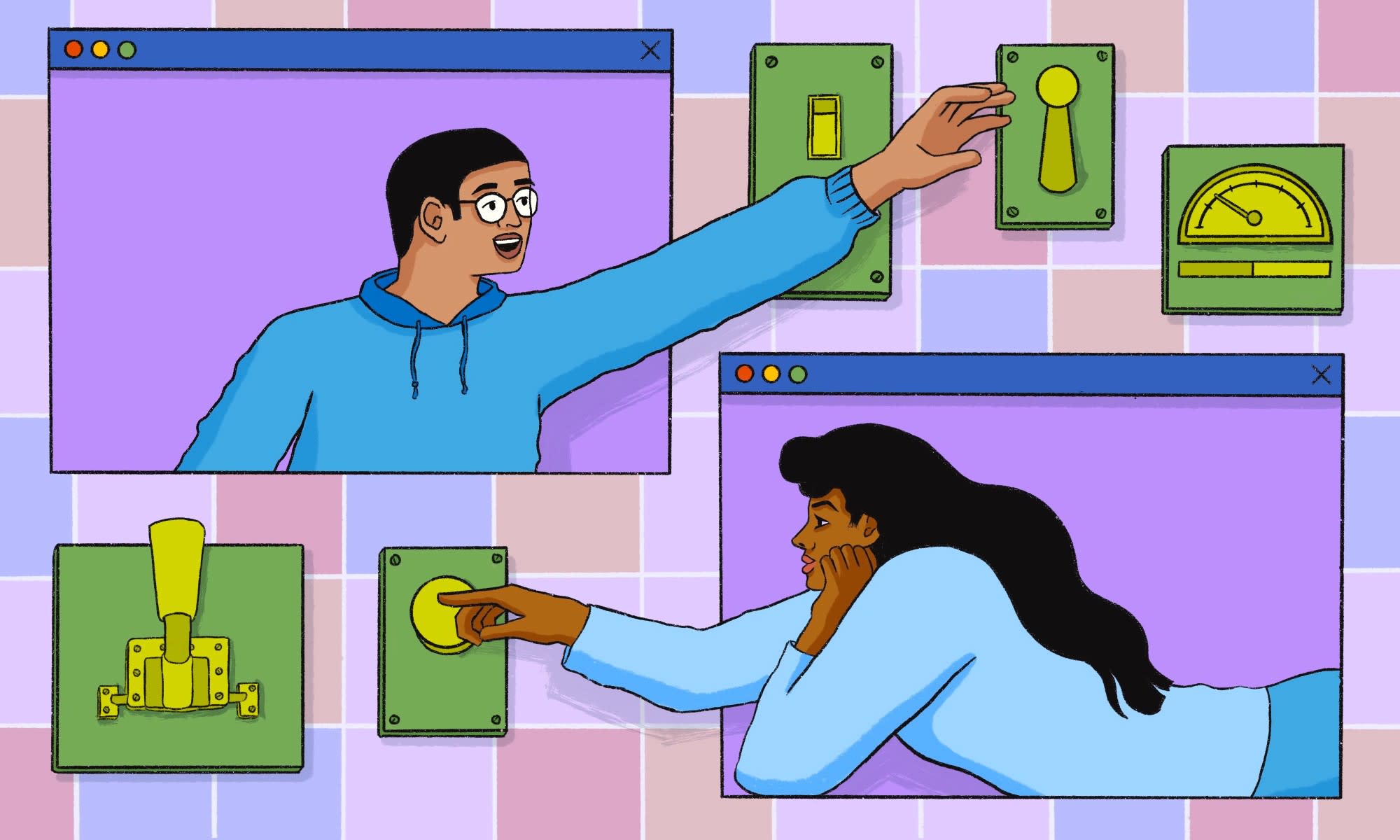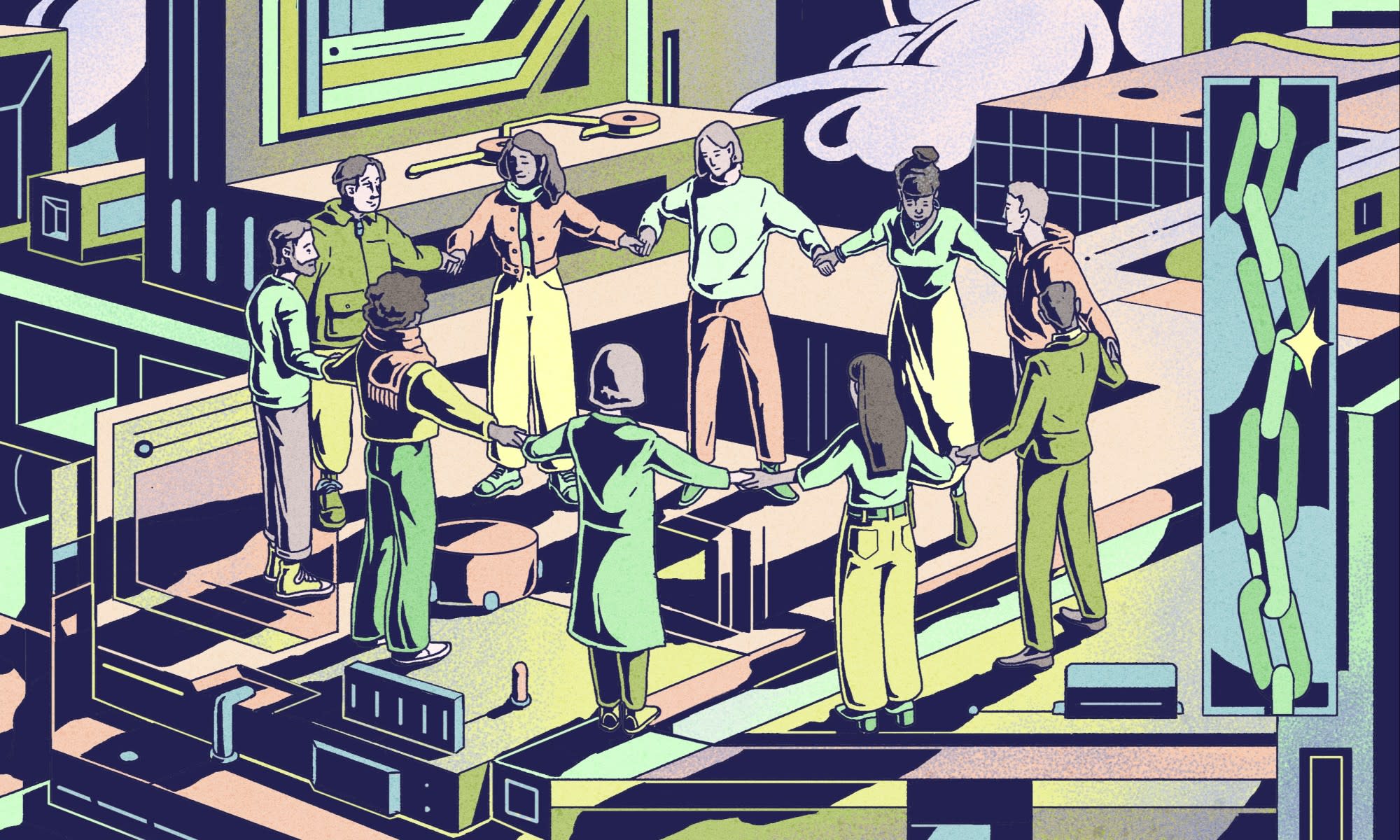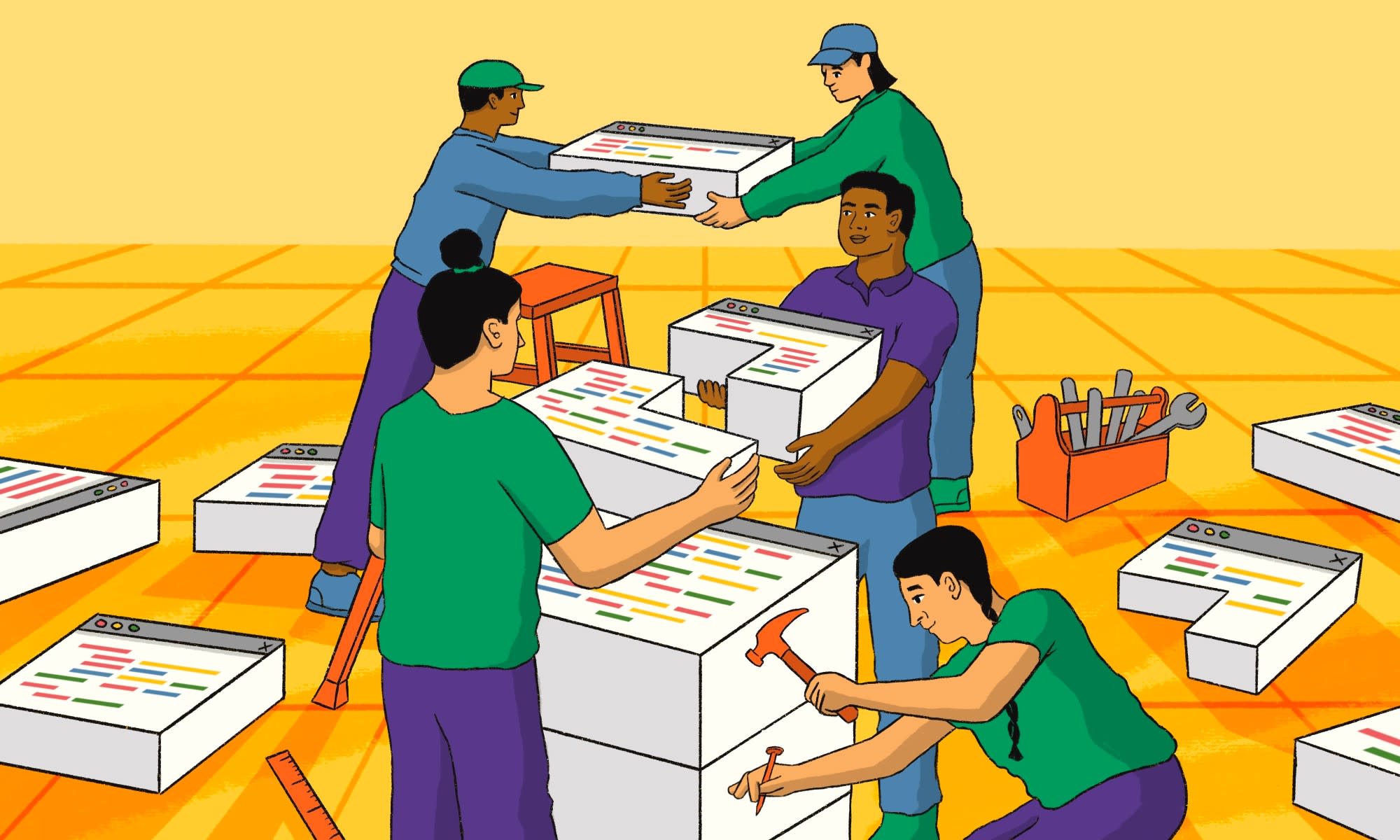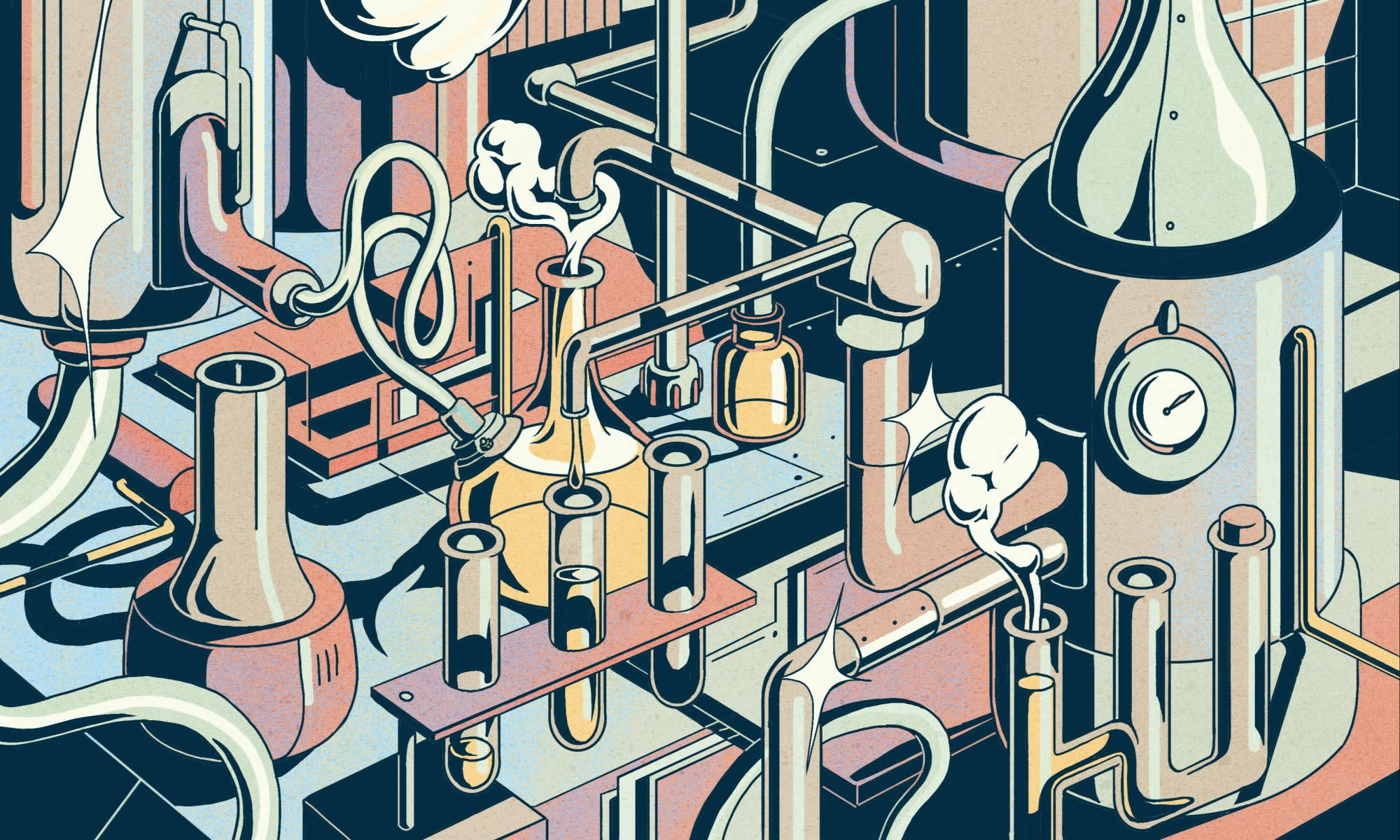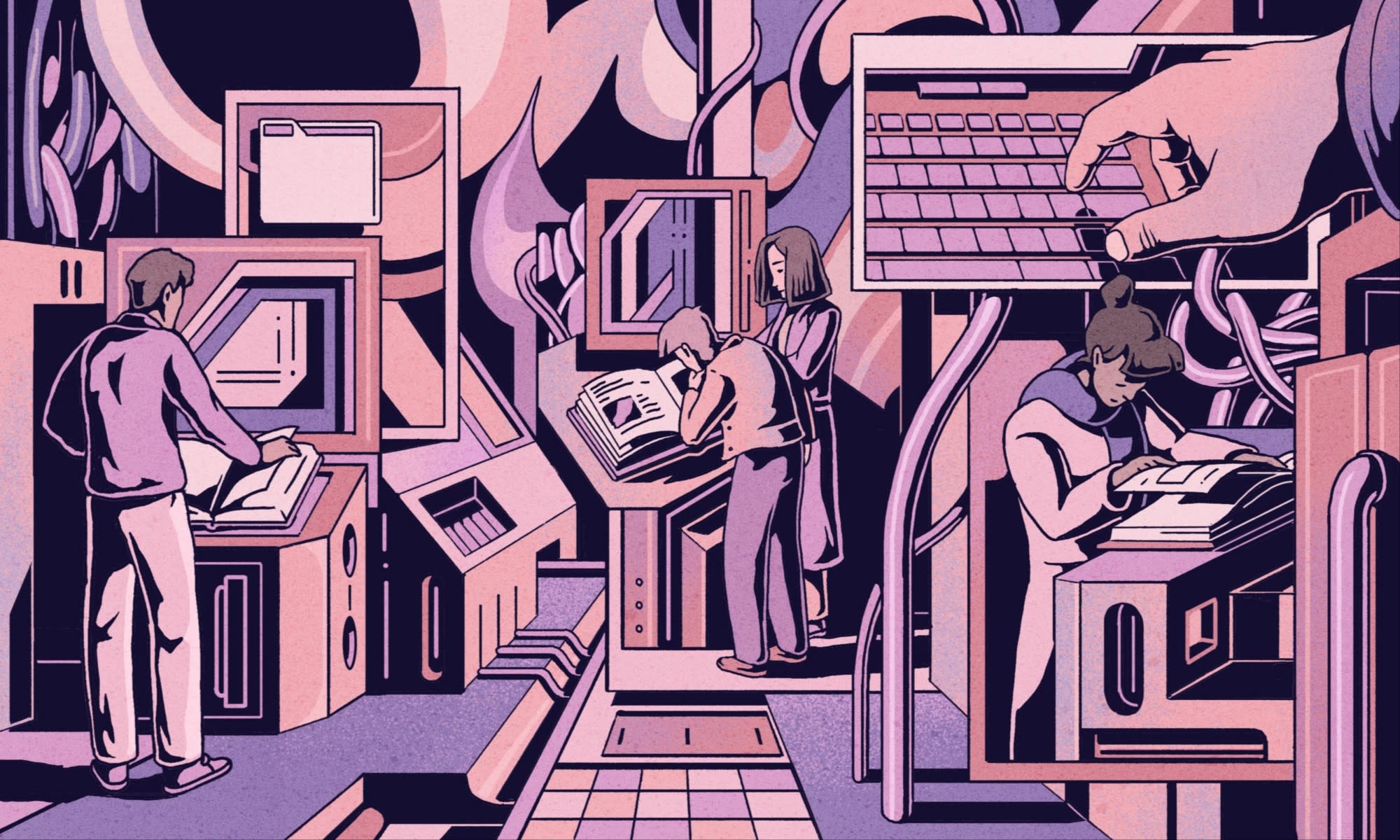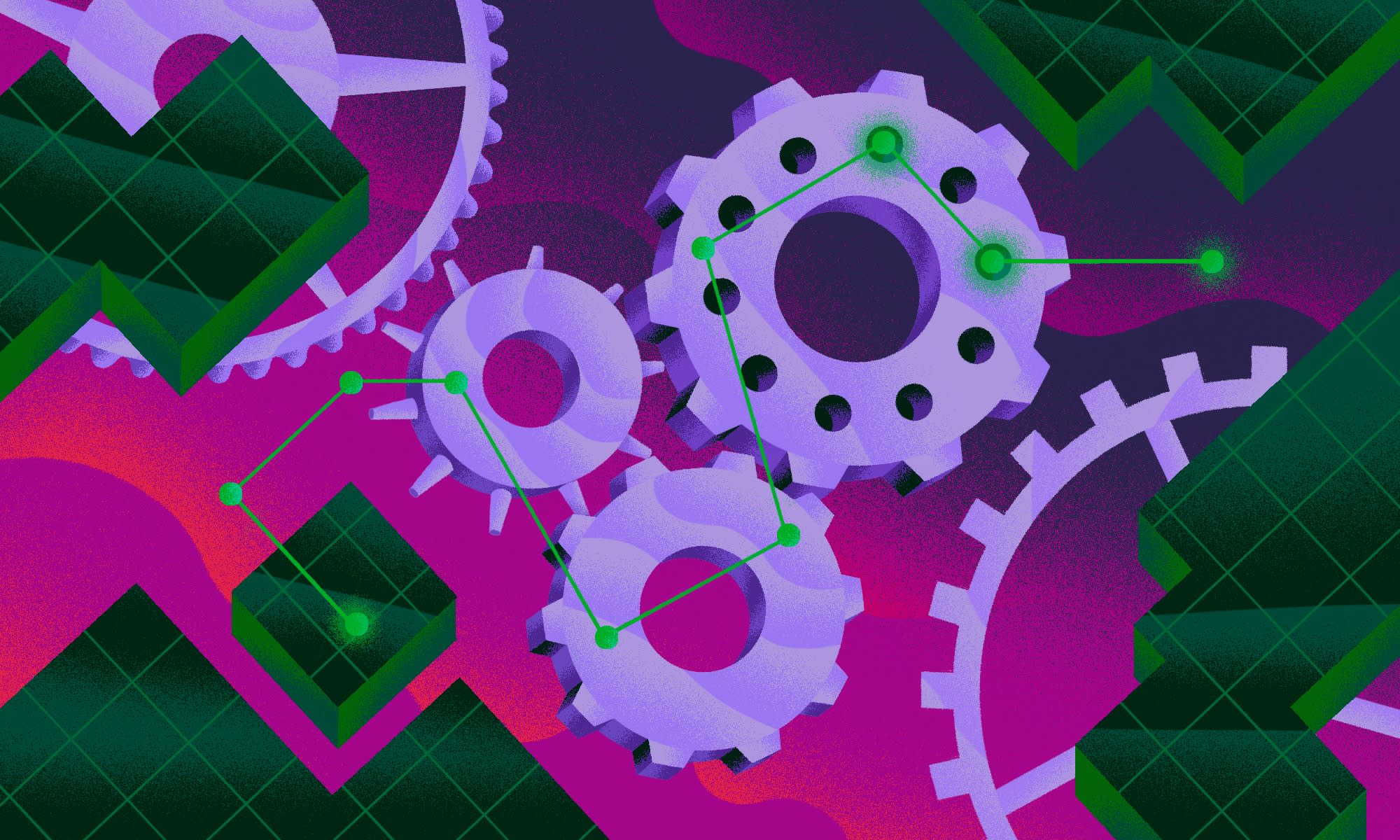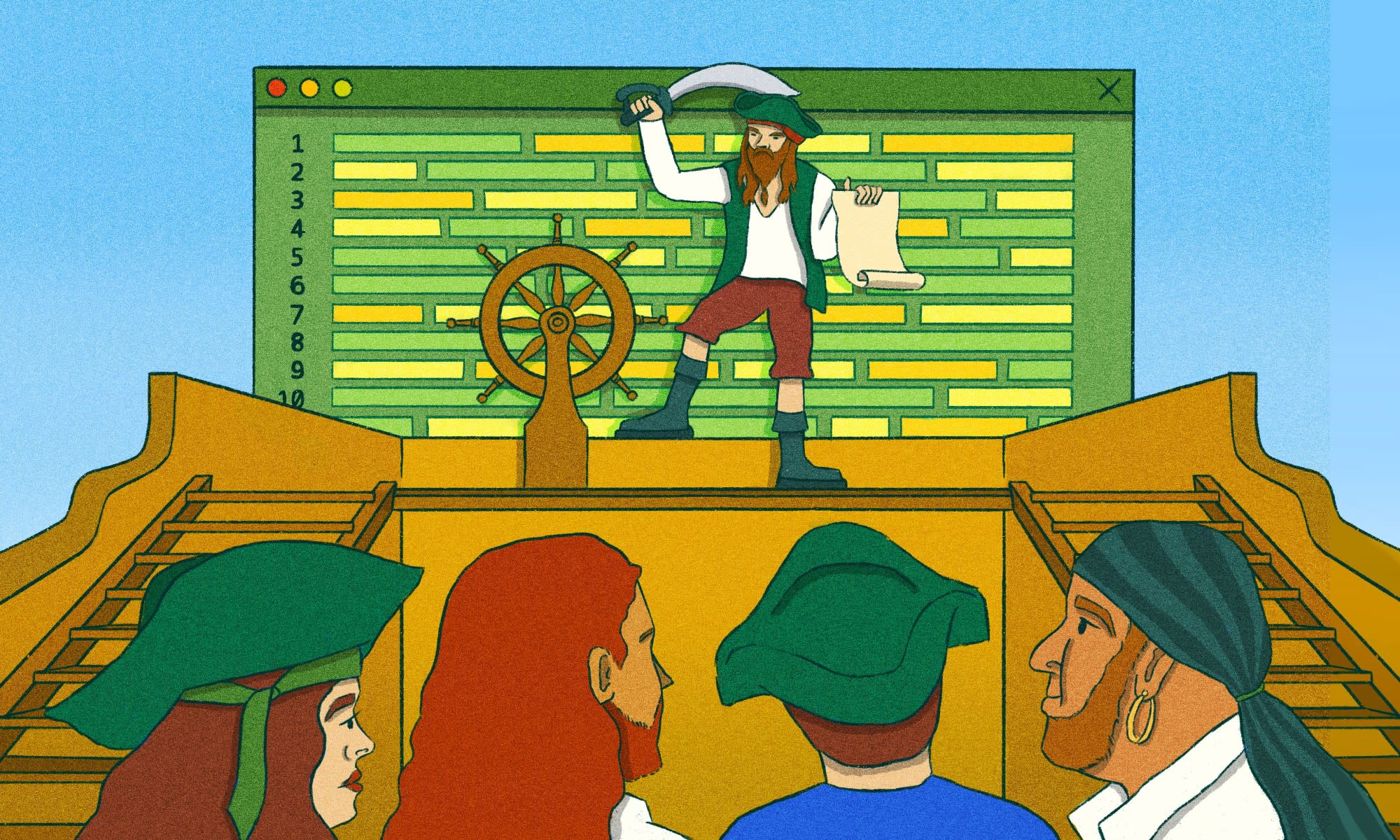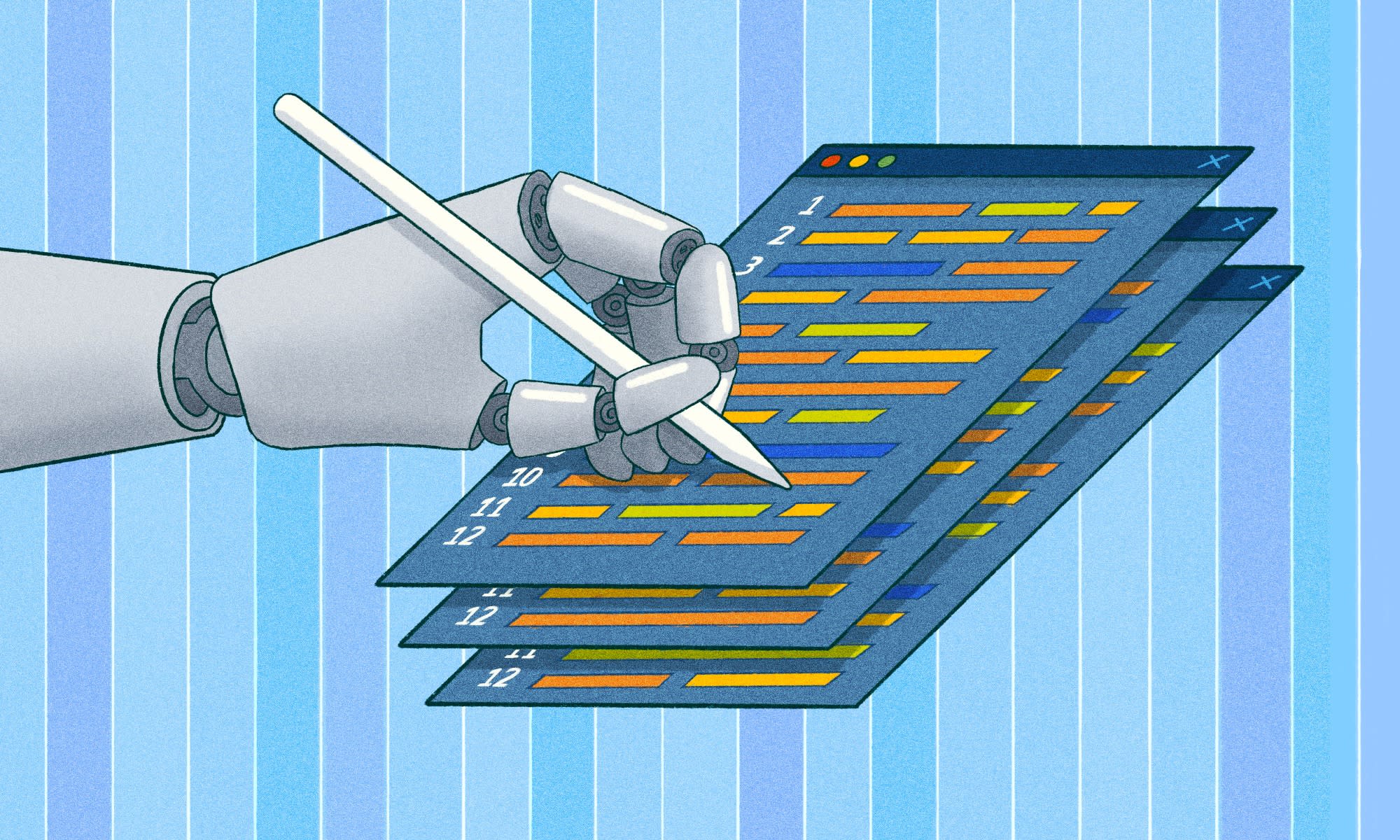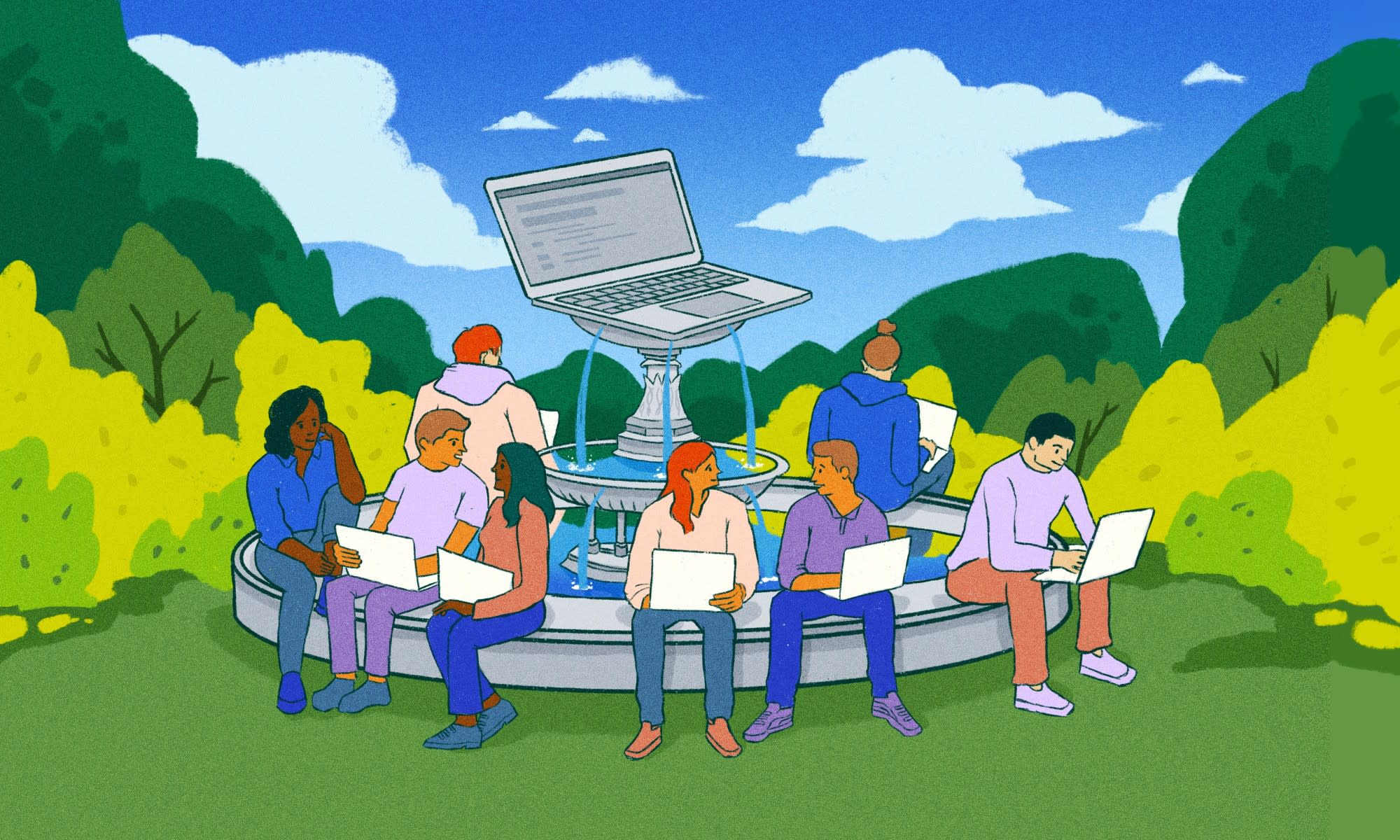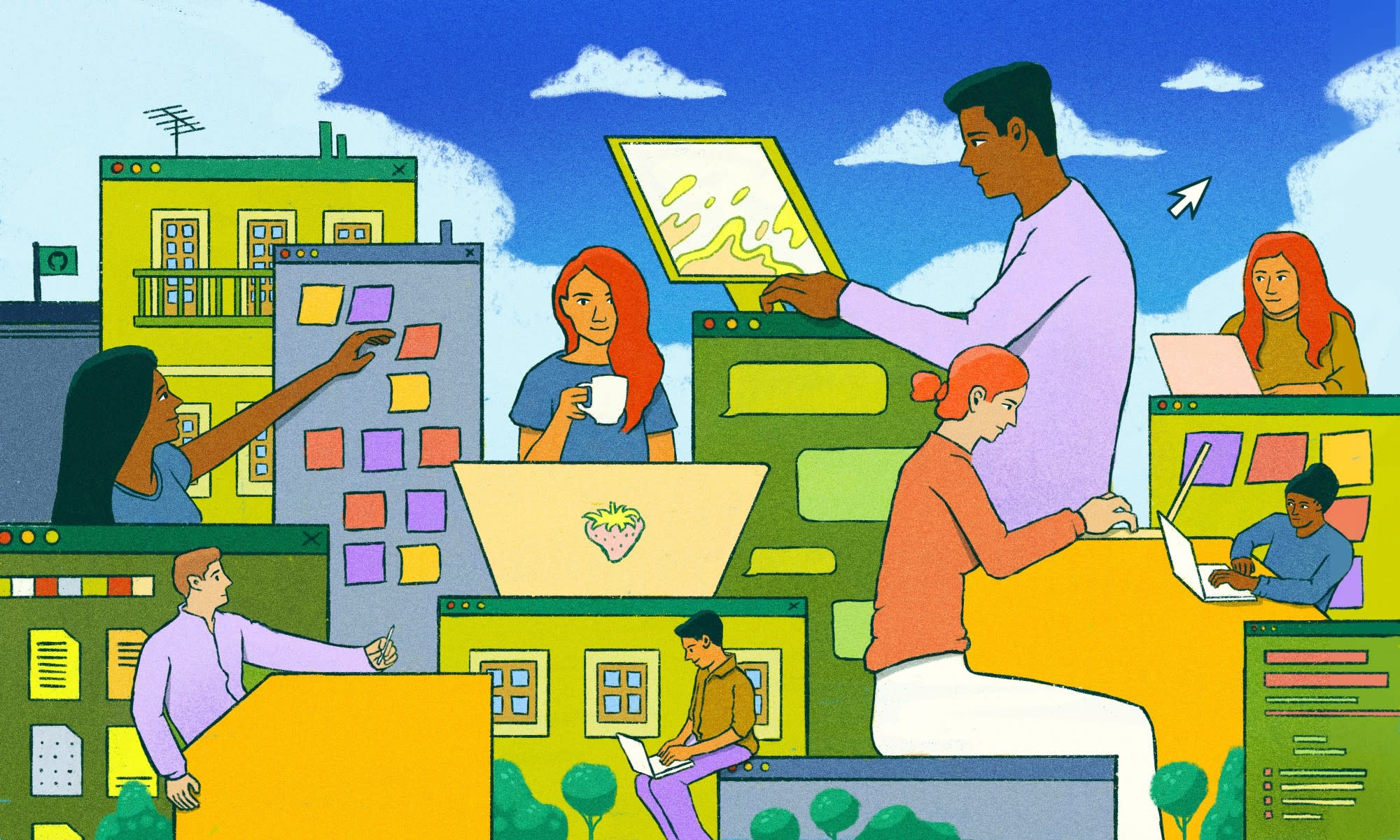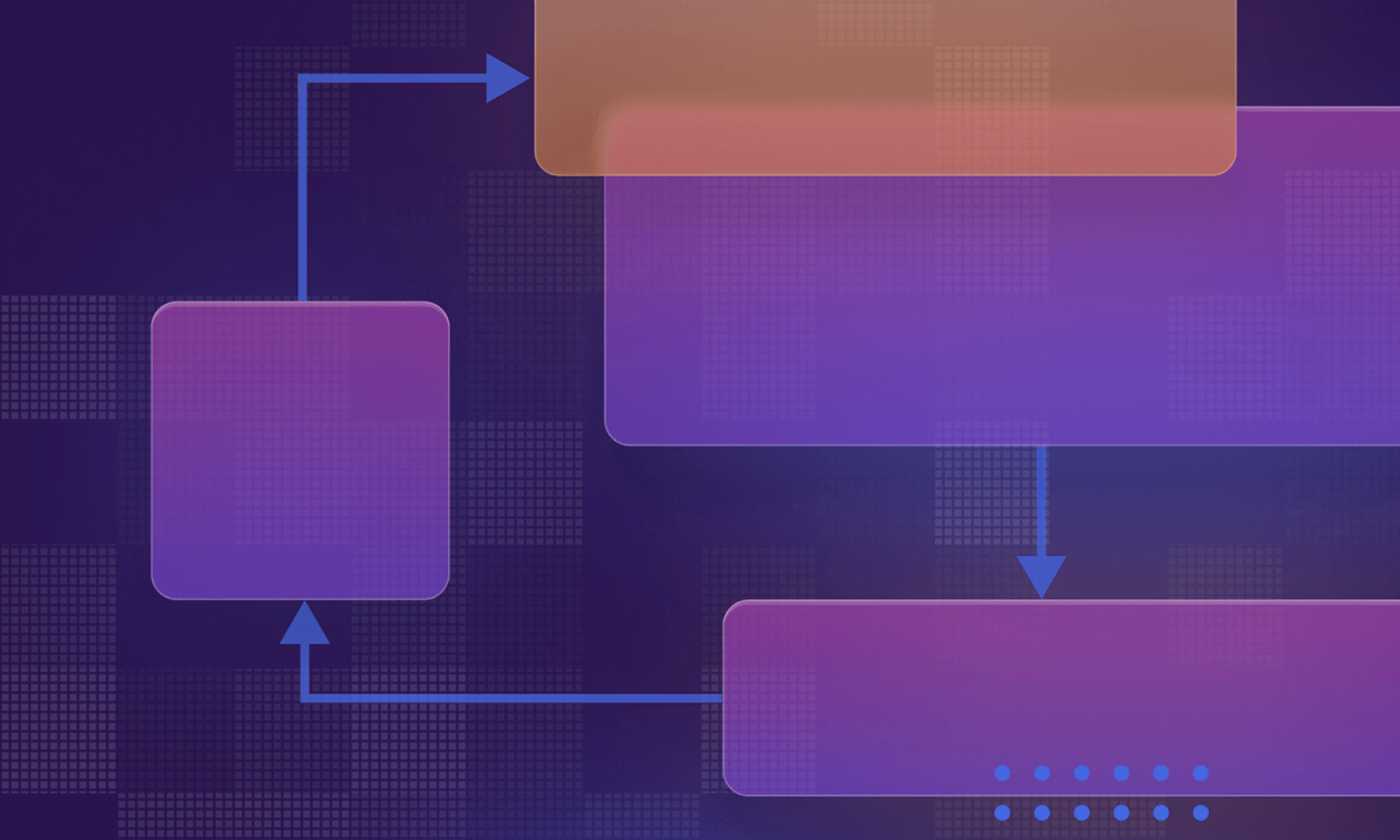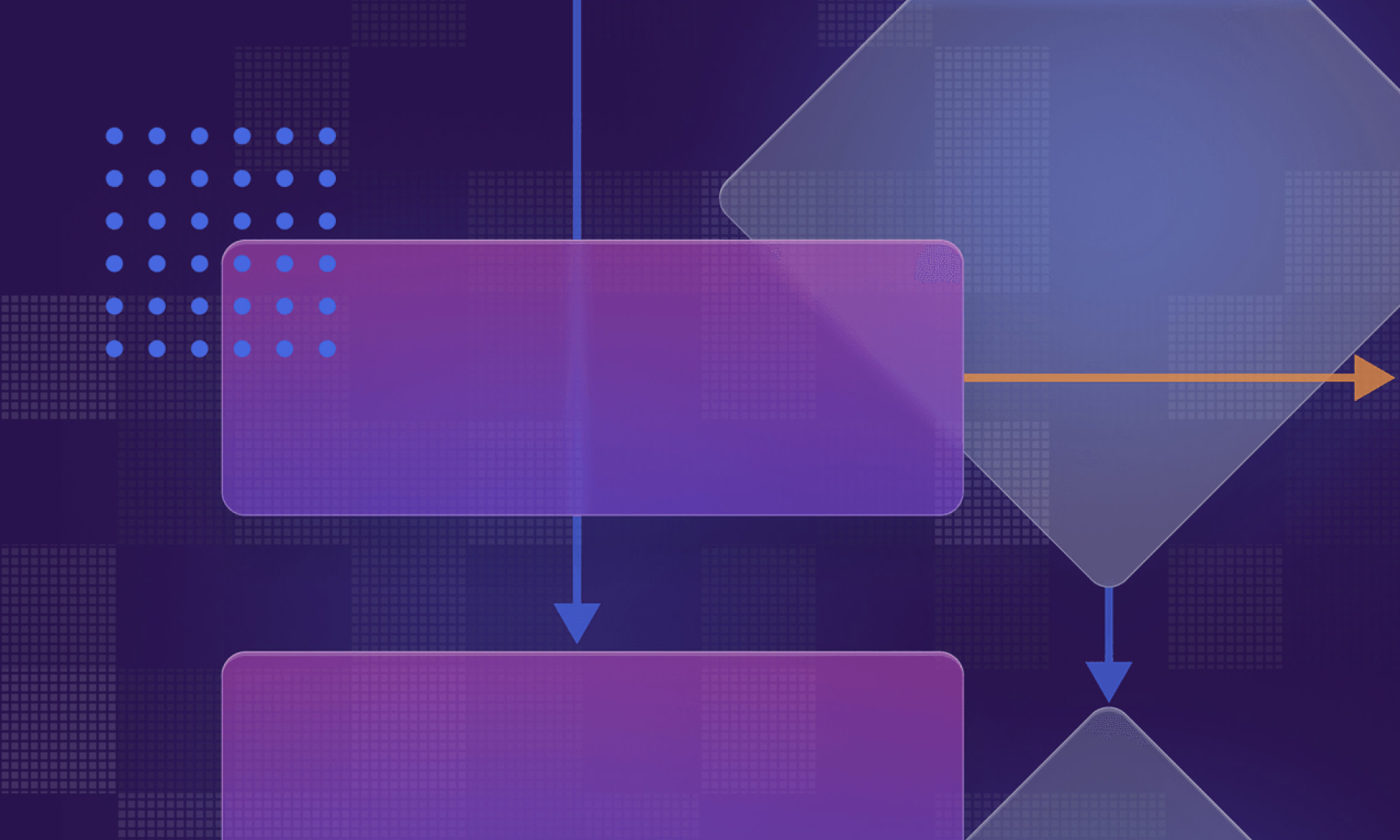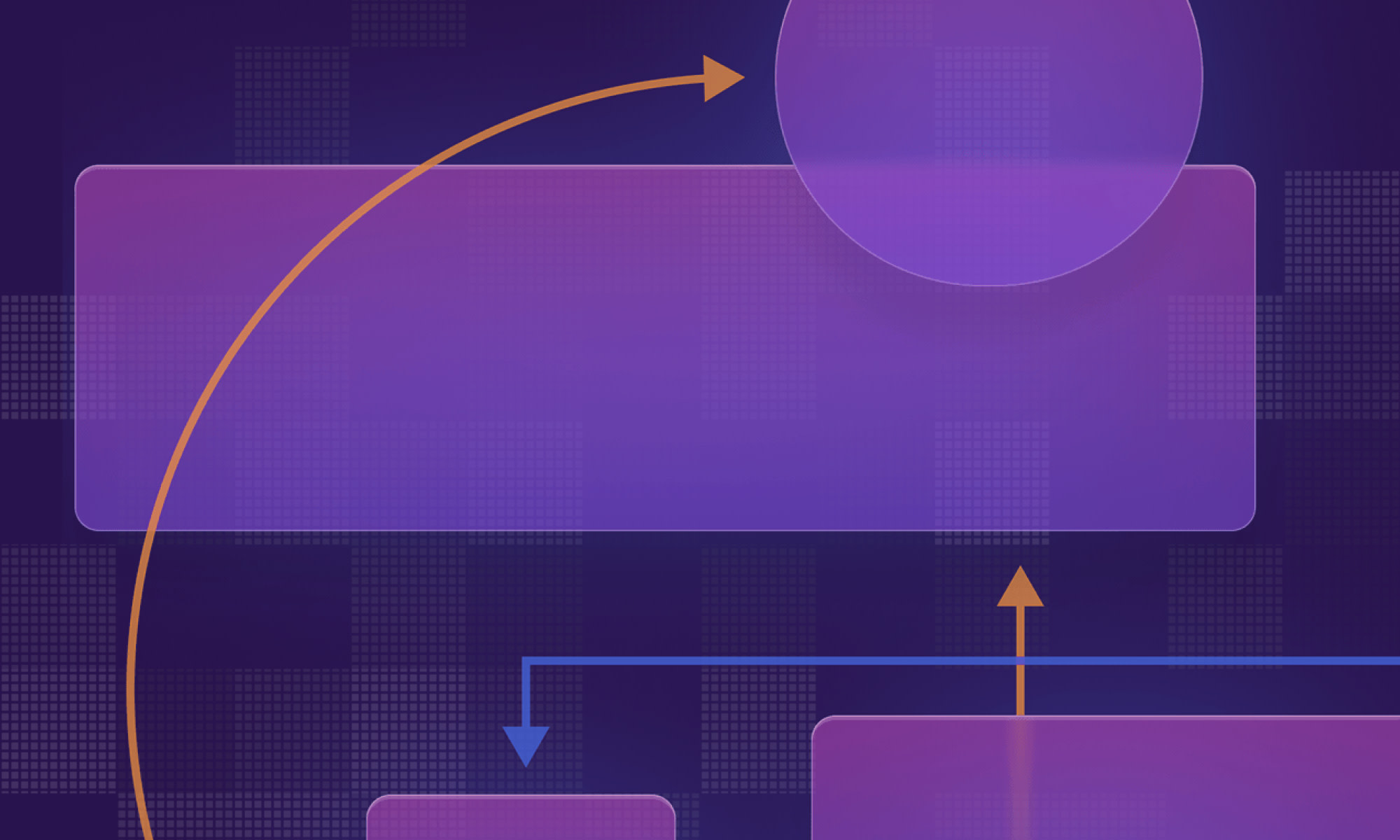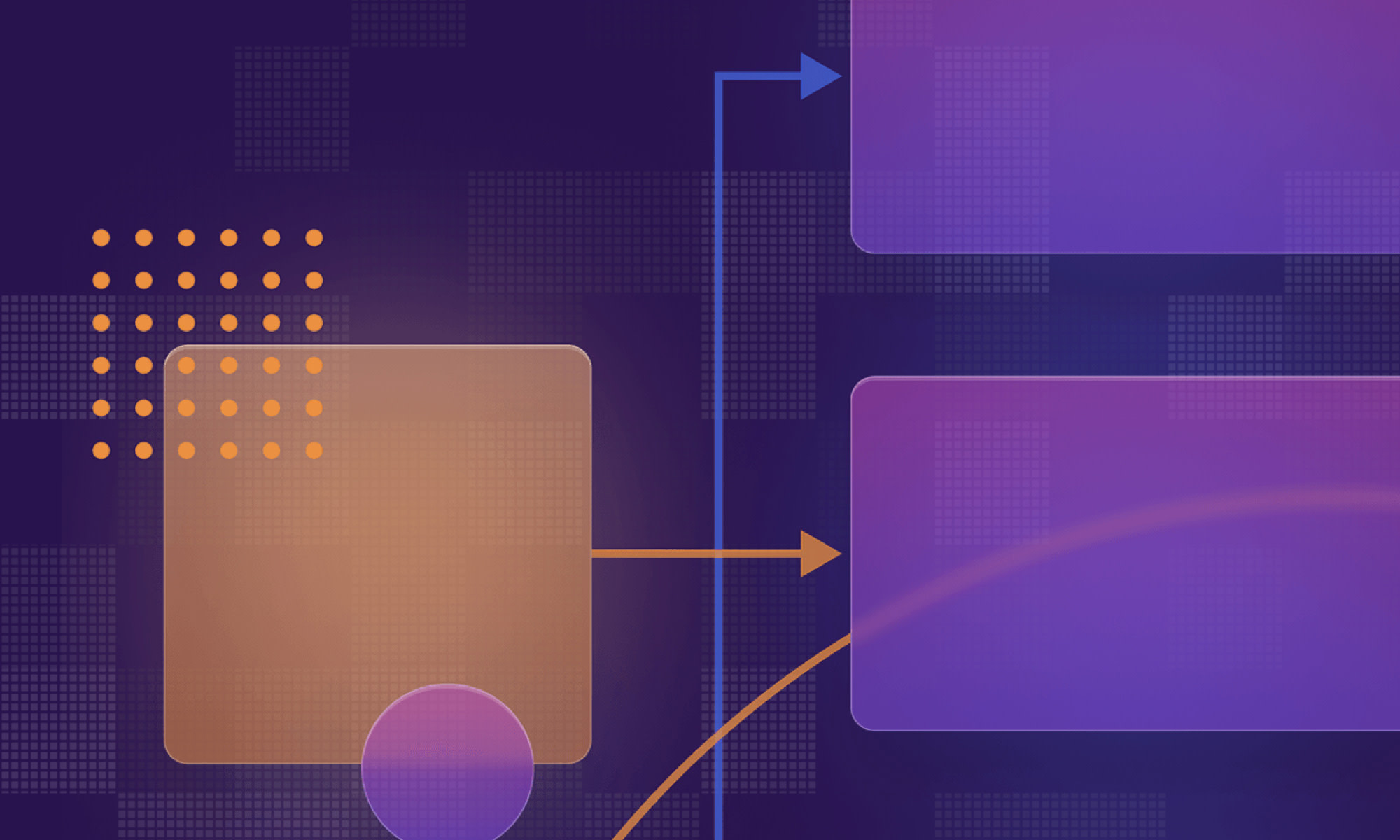
Amit Saha
Middleware for web applications: it’s not just for enterprises
Write cleaner, more maintainable code—and reuse it in many different contexts.
Shared learnings from leaders in the open source community
Software development should be accessible for both novices and seasoned professionals alike. From trending topics and technologies to best-practices, community contributions empower us to learn from experts and build better, together.
Naveen Srinivasan & Brian Russell // OpenSSF
In Scorecard we trust
How to strengthen your software supply chain security, improve best practices, and build trust in your projects.
Noah Gift // Pragmatic AI Labs
Scaling MLOps education
Manage the complexity of MLOps by centralizing the process on GitHub.
Ayden Férdeline
Privacy engineering: 8 tips to mitigate risks and secure your data
Understand what can go wrong and how to protect against the most likely scenarios.
Gabriel Kohen // Blue Yonder
Autonomy vs. governance: a delicate balance of power
How Blue Yonder uses GitOps to break silos with GitHub Enterprise.
Safia Abdalla // Microsoft
How to optimize your code reviews
It’s wise to think of them as a bridge to empathy, knowledge-sharing, and team-building.
Michael Hausenblas // Amazon Web Services
Look beyond lock-in with open source observability
When done properly, it’s a sustainable option for any and all environments.
Justin Trugman & Babitha Singh // Caregility
Incorporating security in Enterprise DevOps workflows
How Caregility prepared for third-party security audits with GitHub Advanced Security.
Cassidy Williams // Contenda
Documenting knowledge: a guide to successful note-taking
How building a team culture around thoughtful note-taking can improve collective understanding.
Dave Farley // Continuous Delivery Ltd.
What is “engineering for software?”
Applying scientific-style reasoning to improving our chances of success.
Leonid Stolyarov // KPMG
Working across borders to achieve more
How KPMG increases international developer effectiveness, happiness, and collaboration with GitHub Enterprise.
Alexandra Sunderland // Fellow
The impact of culture on code
How to eliminate misunderstandings and create a stronger team from anywhere.
Justin Watts // Telus
Shift security left in one day
It’s getting easier and more intuitive to catch mistakes before they spiral into disasters.
Chrissy LeMaire // dbatools
Coding peace of mind: A guide to testing
Say goodbye to accidentally deleted data and faulty committed changes with this GItHub Actions framework.
Hillel Wayne
The five-minute feedback fix
Writing directly-testable design requirements can help deliver high-quality software faster, and with less frustration.
Frances Coronel // Byteboard
ONWARD: A framework for maintaining maintainers
Whether the project has 3 or 3000 contributors, here’s what to focus on when collaborating with other maintainers.
swyx | @swyx
Breaking apart the monolith
The open source movement should really be modeled after social clubs and city governments.
James Turnbull
Build a CI/CD workflow with Github Actions
Catch issues and remove the need for manual processes so you can focus on adding features.
Sabrina Li // FullStory
Keep separate codebases in sync with GitHub Actions
Boost developer productivity by automating manual tasks.
Rose Judge // VMware
Configuring your Git environment for success
A quick-start guide to less frustration and better workflows.
Cassidy Williams // Contenda
Functional Programming 101
A deep dive on the benefits of functional programming and why it’s actually easier than you think.
Lisa Tagliaferri, PhD // Chainguard
Implementing software security in open source
How to automate security and build confidence in your code.
Aaron Francis // Tuple
Publishing your work increases your luck
For every snarky comment, there are 10x as many people admiring your work.
Steve Martinelli & Genevieve L'Esperance // Shopify
Continuously deploying custom storefronts
Using GitHub Actions to deploy a custom storefront with Shopify.
Mahmoud Hashemi // Stripe
Intentional creation
Tap into creativity with the 4 Cs: Consume, critique, curate, create.
Kathy Korevec // Vercel
Interview the interviewer
It’s not presumptuous to turn the tables on an interviewer.
Dana Lawson // Netlify
Hiring technical talent: An exercise in clarity, patience, and preparation
The two-way experience is as much about technical skills as it is about team fit.
Segun Adebayo
Creating a popular OSS library is a marathon, not a sprint
How to stay sane and keep your project on the right path.
Sonia John
Taking a DevRel approach to developer onboarding
Maximizing community participation is a journey, not a destination.
Lorin Hochstein // Netflix
Making operational work more visible
How to shoulder-surf remotely and learn from the experiences of others.
Monica Powell // Newsela
Brag now, remember later: Document your accomplishments
In Part Four of her series, Monica shows how you are in a unique position to be your best advocate.
John Allspaw // Adaptive Capacity Labs
What we talk about when we talk about ‘root cause’
It’s a lot more nuanced than you might think.
Jon Parise // Pinterest
Knowing when to say 'no'
Recognize which contributions are a good fit for the project—and which are not.
Monica Powell // Newsela
Your future self will thank you: Building your personal documentation
In Part Three of this series, Monica explains how to build a second brain of knowledge you’ll use over and over.
Juan Pablo Buriticá
The good, the bad, and the ugly of making decisions in open source
Using RFCs to support decision-making when working in public.
Monica Powell // Newsela
How to hone your new superpower: teaching
In part two of Monica's series on the value of documentation, she discusses the mindset, process and benefits of public documentation.
Scott Triglia // Stripe
Using ‘Roofshots’ to make impossible decisions
A developer superpower to tackle complicated projects.
James Turnbull
Optimize local dev environments for better onboarding
Empower your new engineers to hit the ground running.
Tasha Drew // VMware
Charming Pirates: Reframing user acquisition and referral for OSS
A proposal for strategically growing open source project maintainership.
Monica Powell // Newsela
Using code as documentation to save time and share context
In part one of her series, Monica shares how to do documentation to help yourself and others.
Anthony Sottile // Sentry.io
Code review is too late for code quality
Let the computers fight the style war so you can focus on what really matters.
Colby Fayock // Applitools
Overcoming human error with code automation and testing
From linting to deployment, here’s how to use automation to cut back grunt work and maximize fun.
Melanie Ensign // Discernible
Effective communication is not about what you say
How to craft the messages people need to hear to get the right results.
David Noël-Romas // Stripe
Time management for makers
As makers, software engineers should adopt these seven essential habits.
Cassidy Williams // Contenda
Get your first software developer job
Tips, tricks, and general advice for how to get in the door in tech.
Jerome Hardaway // Vets Who Code
Teaching in public with GitHub
Uplift others by sharing your knowledge.
Kevin Riggle
How to write an internal production failure incident communication
What do you say when the system is down?
Angie Jones // Applitools
Demystifying developer advocacy
A seasoned developer advocate's answers to the most common DevRel FAQs.
Joe Lust // mabl
Walking the walk: bringing end-to-end automation and testing to internal teams
On creating streamlined workflows and a seamless developer experience with built-in CI/CD.
Austin Hemmelgarn // Netdata
Connected by collaboration: unifying DevOps and open source
On building a developer-first release process for all: remote teams, enterprise users, and the open source community.
George Swan // Autodesk
Transforming productivity with a ‘whole product’ CI/CD pipeline
How a shift towards innersource and shared best practices unified teams on a single DevOps pipeline.
Kevin Mo // Front
Boosting speed and scalability with continuous deployments
Why building fast means balancing risk and practicality—from infrastructure migration to project management.
About The
ReadME Project
Coding is usually seen as a solitary activity, but it’s actually the world’s largest community effort led by open source maintainers, contributors, and teams. These unsung heroes put in long hours to build software, fix issues, field questions, and manage communities.
The ReadME Project is part of GitHub’s ongoing effort to amplify the voices of the developer community. It’s an evolving space to engage with the community and explore the stories, challenges, technology, and culture that surround the world of open source.
Nominate a developer
Nominate inspiring developers and projects you think we should feature in The ReadME Project.
Support the community
Recognize developers working behind the scenes and help open source projects get the resources they need.
